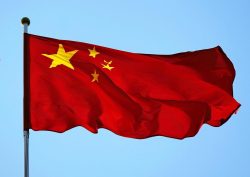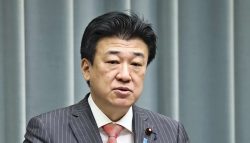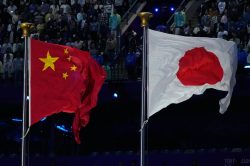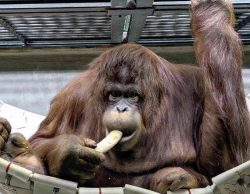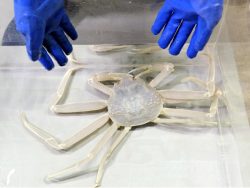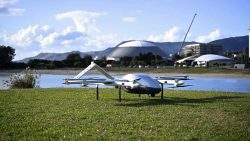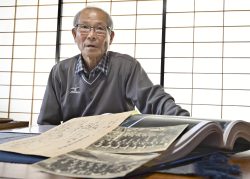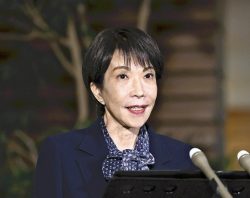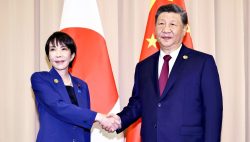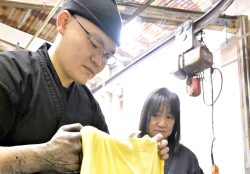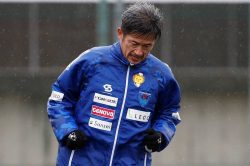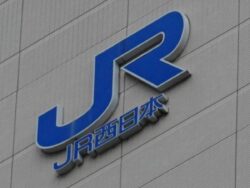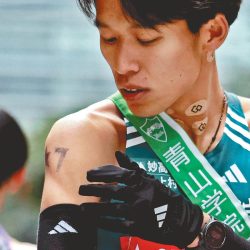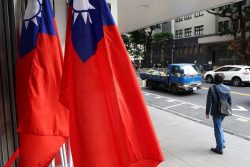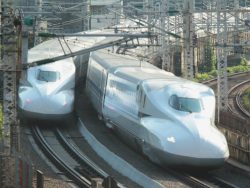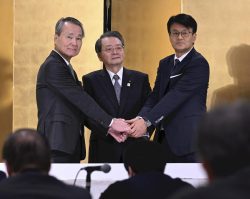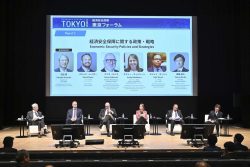Exclusive Interview with Taiwan Vice President William Lai, Candidate for President, on China, Defense
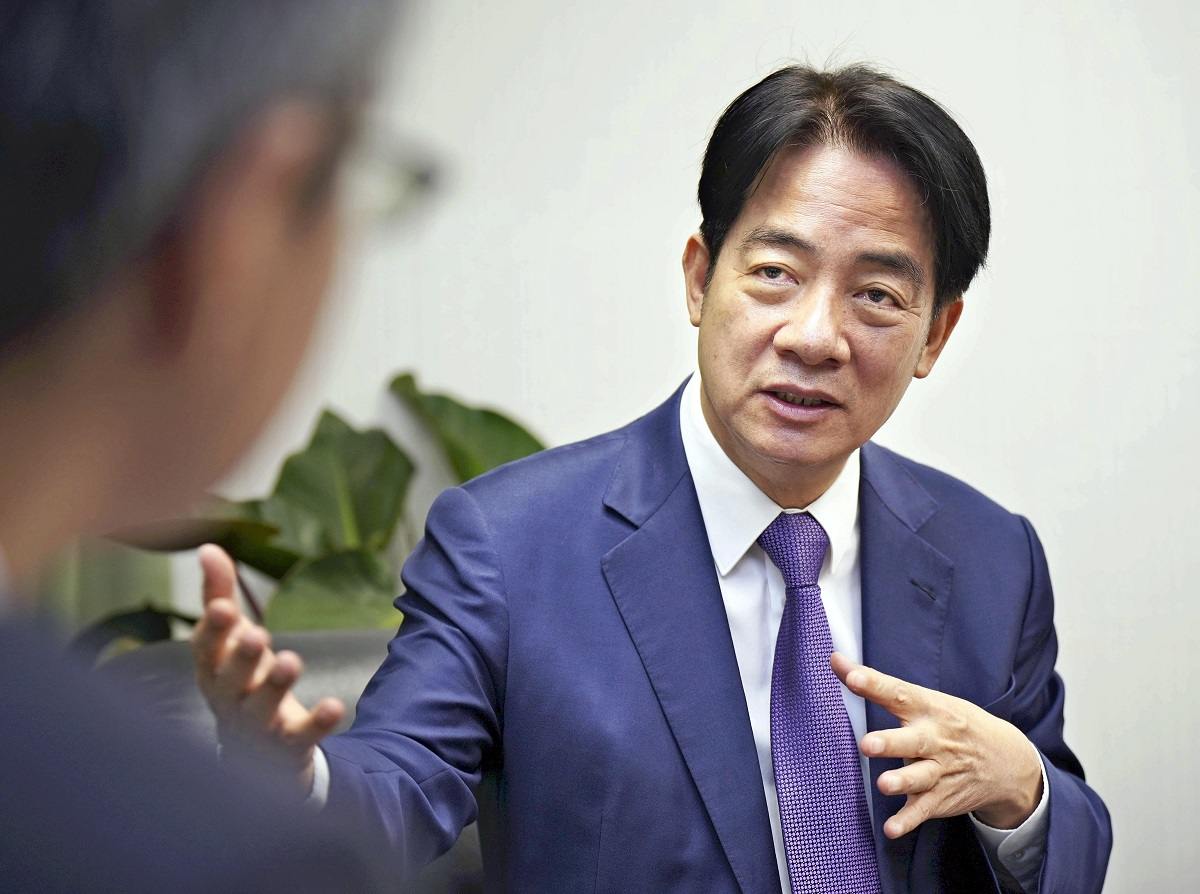
Taiwan Vice President William Lai Chinge-te speaks during an interview with The Yomiuri Shimbun in Taipei on Thursday.
6:00 JST, October 7, 2023
TAIPEI — Taiwan Vice President William Lai Chinge-te believes Taiwan and Japan need to cooperate in every field, including security, he said during an exclusive interview with The Yomiuri Shimbun on Thursday.
This was Lai’s first interview with a Japanese media outlet since being chosen as the governing Democratic Progressive Party’s presidential candidate in April.
President Tsai Ing-wen has reached her term limit, and the presidential election is scheduled for January 2024.
During the interview in Chinese at DPP headquarters in Taipei, Lai touched on China’s military exercises conducted in the East China Sea, the Taiwan Strait and elsewhere, and said both Japan and Taiwan “directly face China’s threats.”
Gesturing as he talked, Lai spoke clearly and with conviction.
“If Taiwan is invaded by China and the Taiwan Strait becomes an inland sea of China’s, that would inevitably also pose a threat to Japan,” he said, hinting at a sense of expectation that Japan would deepen security cooperation with Taiwan.
He also indicated that Taipei would make efforts to bolster its defense capabilities and would seek to reinforce deterrence by working closely with democratic nations.
“We will stand shoulder to shoulder with the world’s democratic powers,” Lai said. “We’ll demonstrate our strong deterrence and take steps so that authoritarian states will not be allowed to engage in reckless behavior.”
Military aircraft from China now routinely fly across the Taiwan Strait median line that has effectively become the border between China and Taiwan. In addition, Beijing has repeatedly conducted military exercises in the region to ratchet up the pressure on Taiwan.
To counter these moves and strengthen its defensive capabilities, Taiwan has pushed ahead with the purchase of weapons from the United States. Taipei has also constructed its first domestically built submarine.
Taiwan’s defense budget for next year is forecast to amount to about 2.5% of its gross domestic product. For comparison, the U.S.-led North Atlantic Treaty Organization suggests that NATO members spend at least 2% of GDP on defense.
“We don’t wish for war and we won’t start one ourselves,” Lai said. “But by not fearing war and making preparations during peacetime, this prevents war, and we can have peace.”
The Tsai administration has trumpeted a policy of maintaining the cross-strait status quo in which it will not accept unification with China, while also not making any moves toward independence. Lai indicated that he would follow Tsai’s approach if he wins the January 2024 presidential election, saying, “It is my duty to maintain the status quo, protect peace and stability in the Indo-Pacific and protect world peace.”
He also said: “I will support Taiwan’s development while walking the path of democracy on the foundations built by President Tsai. Any violation of Taiwan’s sovereignty or attempt to annex Taiwan is unacceptable.”
Lai, who became vice president in May 2020 at the start of Tsai’s second term, described the upcoming presidential election as a “choice between democracy and autocracy, not a choice between war and peace.”
He also claimed that Beijing has interfered in previous presidential polls, supporting attempts to create a pro-China administration by using methods “including spreading disinformation in a bid to influence the election result.”
While coming across as having a resolute attitude toward Beijing, Lai also said the window for dialogue was not closed. Provided that talks were conducted in conditions that were “on equal terms and respectful,” he said he would not reject “exchanges and cooperation” with China. He cited dealing with infectious diseases and responding to natural disasters as examples of common issues that Taiwan and China face.
“Cooperating and tackling these issues together would be to the advantage of our citizens,” Lai said.
Lai said he valued good relations with Japan. He touched on support Japan and Taiwan had provided each other, such as the assistance Japan extended after a powerful earthquake struck southern Taiwan in 2016, and Tokyo’s provision of vaccines and Taipei’s shipments of masks during the COVID-19 pandemic.
“A friend in need is a friend indeed,” Lai said. “Taiwan and Japan are like a family.”
"World" POPULAR ARTICLE
-

U.S. Senate Resolution Backs Japan, Condemns China’s Pressure
-

China to Impose Sanctions on Shigeru Iwasaki, Former Head of Japan’s Self-Defense Forces, Who Serves as Adviser to Taiwan’s Executive Branch
-

Chinese Foreign Ministry Criticizes Japan’s Largest Ever Defense Budget in Draft Budget for Fiscal 2026
-

China Confirmed to Be Operating Drilling Vessel Near Japan-China Median Line
-
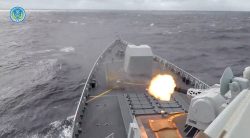
China Appears to Warn Japan, U.S. with Drills Around Taiwan
JN ACCESS RANKING
-

As Chinese Tourists Shun Japan, Hotels and Stores Suffer
-

Tokyo Economic Security Forum to Hold Inaugural Meeting Amid Tense Global Environment
-

Osaka-Kansai Expo’s Economic Impact Estimated at ¥3.6 Trillion, Takes Actual Visitor Numbers into Account
-

BOJ Gov. Ueda: Highly Likely Mechanism for Rising Wages, Prices Will Be Maintained
-

Japan Govt Adopts Measures to Curb Mega Solar Power Plant Projects Amid Environmental Concerns


